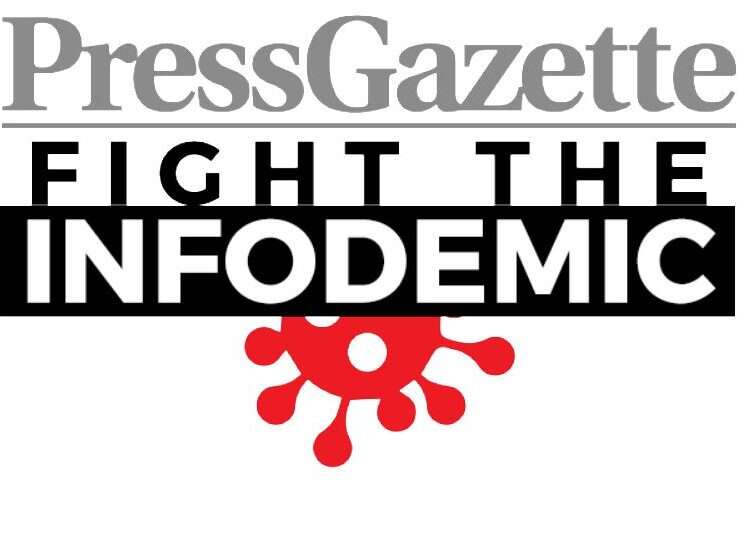
A new University of Oxford report has exposed how Covid-19 disinformation websites are able to use Google’s search engine and advertising platform to achieve “financial viability and success”.
The Oxford Internet Institute study found that some of the websites are equal in search rank to established newsbrands.
It also found that more than 60% of the largest “junk news” websites surveyed use Google Ads to generate money from disinformation.
For the study, sources were labelled as ‘junk news’ or disinformation websites if they “failed” on at least three out of five criteria: professionalism, style, credibility, bias and counterfeit.
The research team identified Russian state-owned RT.com as the junk news site with the highest “authority” on search engines.
Its domain authority score, which dictates how high a website’s search rank is likely to be, was calculated to be 82 out of 100.
This puts the ranking of RT (formerly known as Russia Today) on a par with trusted news operations like Politico, Italy’s Repubblica, France’s Le Figaro and Welt in Germany.
The next highest-ranking sources categorised as junk news or disinformation websites were sputniknews.com, alternet.org, breitbart.com and zerohedge.com.
The study also found that 61% of the highest-ranking junk news/ disinformation sites use Google Ads, versus 59% of the top ranking professional news sites.
Some 15% use Amazon advertising services, the paper said.
“The ecosystem of junk news and disinformation around Covid-19 is enabled by search engines and advertising platforms that contribute to their visibility and financial revenue,” the report concluded.
“Advertising revenue is a major source of income for news outlets, both for professional news and junk news and disinformation domains.
“Many of the sites in our sample have been flagged by researchers and fact-checkers for carrying conspiracy theories and falsehoods, including in relation to Covid-19. Yet, these sites continue to generate revenue from advertising.
“Large advertising platforms, including Google and Amazon, therefore contribute to the financial viability and success of junk news and disinformation publishers around Covid-19.”
Several Global Disinformation Index reports have also criticised Google for allowing its advertising services to be used by controversial websites.
Last month, a Press Gazette investigation into Google-run adverts on RT.com prompted Ebay and other advertisers to blacklist the website.
In June, Press Gazette launched a campaign, Fight The Infodemic, calling on digital giants to crack down on Covid-19 falsehoods.
A Google spokesperson said: “Google has strict publisher policies designed to prevent harmful, dangerous and fraudulent content from monetizing.
“We are deeply committed to elevating quality content across Google products and that includes protecting people from medical misinformation.
“We recently announced additional safeguards to prohibit content about a health crisis that contradicts scientific consensus from monetising.
“Any time we find publishers that violate our policies, we take immediate action.”
Email pged@pressgazette.co.uk to point out mistakes, provide story tips or send in a letter for publication on our "Letters Page" blog
